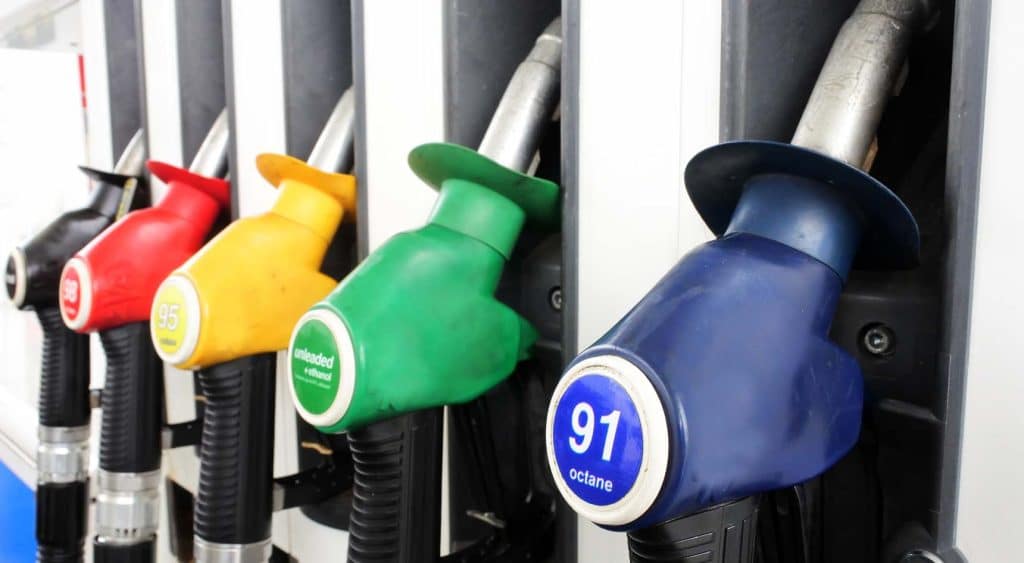Does my car need premium petrol?

I remember picking my 2000 Mazda 323 Astina up from the mechanic one day, and the vehicle technician asked what petrol I used in my car.
“The cheapest,” I responded sheepishly.
“I’d never use 91 octane petrol – it’s garbage,” he said.
As I drove my car out of the garage and hit the road, I asked myself the question: should only premium petrol be used in modern vehicles?
It was a query for the RAA Car Advice team. Thankfully Car Advice consultant John Reissenweber was able to provide the answer.
The answer
Will using 91 octane impact your car? Yes and no. It really depends what sort of car you’re driving.
If you have a run-of-the-mill car, like a Toyota Camry or a Mazda 323, they only really require 91 octane fuel. There’s no need to use 95 or 98 octane.
What’s the difference between the three types of petrol available at most servos?
Each type is rated by its Research Octane Number (RON). This measures the petrol’s anti-knock quality (the tendency of the fuel to detonate instead of burning smoothly).
91 octane – the cheapest – has a low anti-knock quality, while the other two options allow engines to run at a higher compression level.
So, your Toyota Camry or Suzuki Swift’s engine can perform at its highest efficiency on the 91 octane fuel, making higher-quality fuel unnecessary. Essentially, using a higher-octane fuel won’t make much difference to how the car performs.
On the other hand, a high-performance vehicle that requires 95 or 98 octane petrol is designed to take advantage of the properties of high-octane fuel. This is when you shouldn’t use lower-octane fuel than recommended by the car manufacturer as it could damage the engine.
The verdict: If your car is designed to run on the cheaper 91 octane fuel, you may not benefit from using the two more expensive petrol types. Remember to check your car’s manual or contact RAA Car Advice to confirm the correct fuel for your vehicle.
Do you have a petrol station pet peeve? Take our poll.
Do you need car advice?
RAA members can contact our free Car Advice service for answers to their car questions.
Or call 8202 4689

